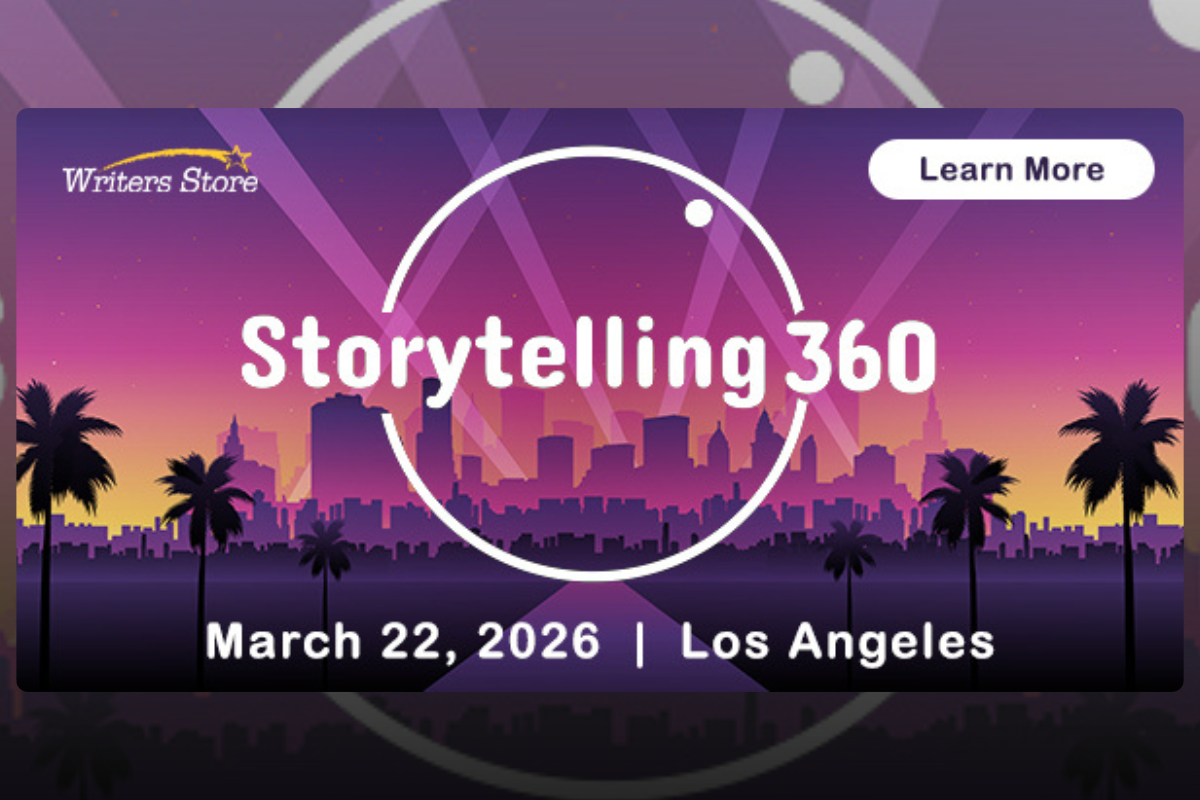Understanding Comedy Writing with Writer David Misch
We asked David to sit down for a no-holds barred interview with himself. Doesn’t trying to explain comedy kill it? People say that explaining a joke ruins it but they…
We asked David to sit down for a no-holds barred interview with himself.
Doesn’t trying to explain comedy kill it?
People say that explaining a joke ruins it but they don’t explain how explaining a joke kills the joke if the joke’s already killed (made you laugh). Timing, right? Don’t explain a joke before telling it.
But who does that? And does explaining a punchline somehow allow it to go back in time and kill the joke, a kind of Titter Terminator? (Or, to be more current, a Laugh Looper.)
The idea behind “Understanding Comedy: The Rules” (not to mention “Funny: The Book / Everything You Always Wanted To Know About Comedy” which, as long as you brought it up, is available at fine bookstores everywhere) is that people study art and music and dance and sculpture and macrame, but for some reason comedy’s seen as off-limits.
Why should comedy be the one art form that suffers from analysis? Doesn’t it make sense that knowing more about how comedy works will help you do it better?
Everyone who disagrees with me, raise your hand.
I see no hands so I’m clearly right.
Okay, so explain comedy.
Sure! The secret to comedy is… hey, wait a minute, are you trying to get me to tell you for free? Damn, that almost worked, I was this close… (I’m holding two fingers really close together.)
I’ll give this much away: comedy happens according to the principles of tension and resolution, misdirection, pattern recognition, and surprise.
Of course, those are the principles used by every art form. But the specifics of comedy are unique, and the precision it requires is – at least to non-professionals – often unrecognized. In most dramas, changing a few words won’t have a huge effect. But in comedy, changing a word, even a syllable, can mean the difference between laughter and reactions ranging from hostile silence to physical violence. (Yes, I once was a standup.)
You claim there are comedy rules but aren’t rules made to be broken?
No, rules are made to be obeyed.
I’m just saying.
But your point is taken: no one gets anywhere by slavishly following rules. Nonetheless, few people get anywhere by ignoring them. The idea is to learn them and master them then break them, or at least defy them by getting your laughs in unusual ways.
All the top comedy people know the rules, if only unconciously. And there are only two ways to learn them: lots of work, or getting told. The Rule of 3 didn’t spring fully formed from a nutty Neanderthal’s test beaker (bet you didn’t know Neanderthals had lab equipment) but from the success and failure of a thousand thousand writers and standups and drunk uncles at Thanksgiving dinners. Every comedy person rediscovers these rules; this class is about giving you a leg up.
And speaking of discovering what’s already been discovered, my first ---
(Note: Skippable but directly relevant and somewhat amusing anecdote follows.)
--- writing job was “Mork and Mindy”, and getting an episode on the air proved to be torment. I struggled for days, weeks, trying to think of a story that wasn’t too weird or too familiar
Finally I got one. I pitched it to the producers and writing staff... and they liked it! I couldn’t believe it. As I left the room, I turned to another writer, an older guy who’d written for “All In The Family” and many other series. “I’m so relieved,” I said. “I was afraid you guys thought my story wouldn’t work.” “Oh we know it’ll work,” he said. “It worked on ‘Newhart’, it worked on ‘Taxi’, it worked on ‘Cheers’…”
(End anecdote.)
Once you’ve learned the rules of comedy you become a stronger writer with more resources, because in knowing why something works you can adjust the formula and get laughs in a way that doesn’t simply mimic the devices of others but is an expression of your own personality and talent.
Your seminar is about comedy, not screenwriting.
Please put that in the form of a question.
Your seminar is about comedy, not screenwriting?
Yes, it is. But the principles I’ll cover apply to acting, directing, and writing, full-length features, sketches, and one-liners. They all drink from the same comedy trough (a poetic albeit unappetizing metaphor) in that all human beings laugh, in any situation, for the same basic reasons. Discovering those reasons is the key to making them laugh at what you do.
No offense, but is this class just going to be three hours of you blabbing?
I do take offense. “Blabbing”? I’ll have you know that I carefully vary my vocal timbre and have an extremely animated face, one powered by Pixar technology, so that this class is guaranteed [Note: There is no actual guarantee] to keep you on the edge of your seat, especially if you’re so fat that you’re on the verge of falling off anyway.
No offense.
But seriously…
While the class contains no screenwriting, the principles I talk about are illustrated with a variety of clips from TV shows and movies, demonstrating how they work outside the lab. Many of these clips are extremely piquant. Droll. Diverting. How you say in this country?... um… Funny.
I understand that as part of this seminar you will analyze jokes. I, sir, am a serious screenwriter whose comic situations spring from surprising stories and carefully conceived characters. I do not, sir, I do not stoop to stupid jokes; surely there is no reason for me to analyze them.
There is, and don’t call me Shirley. (Did I mention I worked with Zucker-Abrahams-Zucker on “Police Squad!”, the TV show that came after “Airplane!” and led to “The Naked Gun” movies? ’Cause I did.)
I like to call jokes “comedy in miniature”. (I like to call my cat “No! Not on the floor!”, but that tends to be situational.) Looked at in a certain way – the way I look at it – the structure of jokes mimics the structure of anything from a sketch to a sitcom to a feature to a novel. The big difference is that they’re small, which makes them easier to pull apart, to see what makes them tick. Which helps you see how comedy ticks. Which helps you make it. Which is why explaining it is valuable. Which brings us back to the beginning…
Doesn’t trying to explain comedy kill it?
No.
Among David Misch’s TV and movie credits are the Emmy-winning “Mork and Mindy”, the Emmy-losing “Duckman”, the Emmy-besotted “Saturday Night Live”, and the Emmy-ineligible “The Muppets Take Manhattan”. He’s also a playwright, songwriter, blogger, teacher, and recovered stand-up comic.
~~~~~~~~
“The Rules” gives writers (and actors, directors, and producers) a closeup view of comedy’s innards, the idea being that understanding comedy will help you do it. Anyway, that’s my story and I’m sticking to it.
Topics covered include the Rule of 3 (Why are things funnier in threes? Really, why? I mean, why?); the relationship between Comedy and Logic (hint: they’re bitter enemies); the calculations involved in timing; comedy cues and why withholding them is sometimes the best way to get a laugh; the foundations of Silly; the evil of punchlines; comedy “placebos”; and how the mechanics of jokes – surprise, misdirection, pattern recognition – provide a template for all humor.
As for practical applications, the presentation includes copious clips from TV and movies which show how these principles of comedy translate into actual laughter. So forget all that stuff about no usable skills.
Top screenwriting and film publication, founded in 1989, published by Active Interest Media. Twitter: @scriptmag







